|
It’s the monthly Holbeach Indoor Farmers Market THIS SUNDAY 7th April. We have some great new stalls to explore including Edible Garden Plants, Personalised Signs, Luxury Nut Porridges and Local Watercolour Prints. Check out the list of stalls attached.
Visit us at The Holbeach Hub Sports Hall (Boston Road, Holbeach, PE12 7LR), 10am-2pm. Free Admission. 40 Stalls to explore. Free Parking nearby. Refreshments & Bacon Rolls available. Please consider Walking or Cycling if possible, and don’t forget your shopping bags… See you there! #indoorfarmersmarket #farmersmarket #holbeach #shoplocal #holbeachhub #lincolnshirefood #lincolnshirebusiness
0 Comments
Wishing all our customers a very Happy Easter. Always a very big thank you and appreciation for your custom. We were @elymarkets Saturday, the sun shone and it was beginning to feel like Spring. I even managed to say hello to our bees on the edge of Ely in the afternoon. Looking forward to our next visit @elymarkets on Saturday 13th April. This coming Sunday we will be at the Holbeach Indoor Farmers Market.
This honey comes from the bees in the gardens of Peckover House. The bee hives are situated in one corner of the walled garden. One of the hives is a traditional WBC, named after the inventor in 1890, William Broughton Carr. These hives are time consuming to work with but have the benefit of double insulation. As working with them is time consuming, together with the fact that they are cumbersome to transport, they are rarely used in bee farming.
The other two hives are known as 14 x 12 Nationals and are a much larger version of the National hive, used by most hobbyist beekeepers. Of these two hives one has the usual front entrance, whilst the other has an underfloor entrance. Due to the location of the hives in Peckover, where they are situated very close to the footpath, we have the hives angled away from the path, increasing the height of the flight path of the bees to and from the hives. In addition we stock the hives with Buckfast bees, which are known for their gentleness. If a colony is known to become aggressive, the hive is immediately removed and replaced by a gentle one. An aggressive colony can occur if the bees decide to supersede the queen with a younger one. All the hives consist a brood box, where the queen lays her eggs and the grubs mature. Above this is a queen excluder which, as the name suggests, prevents the queen from getting to any boxes above. Above the queen excluder are boxes known as supers, where any surplus honey is stored. Bees naturally swarm to reproduce. To try to prevent swarming it is important to provide the bees with plenty of room in the hive. This is done by adding supers. This needs to be done in a controlled way as, given too much space may result in a slow build up and a poor honey crop. We tend to add a second super when the first super is about two thirds full. If the nectar flow is good, several supers could be in place, by the end of the season. At Peckover we remove the first super once it becomes fully capped, especially in the Spring when the honey could well set solid, making it difficult to extract. The weather conditions, the species of bee, the age of the queen and the hive activity throughout the beekeeping season, will dictate how much honey can be extracted from each hive. This can range from zero lb (In 2023 we found the weather to be so poor that in some of our apiaries we were having to feed the bees in July) to about 100lb. Many people assume that all honey has the same taste. This is very far from the truth and the flavour of the honey collected will depend on what the bees forage on. At Peckover the bees will be foraging on the flowers from within the garden but, as they will fly up to 3 miles to collect nectar, if they are not satisfied with the immediate foraging, would also visit Elgoods gardens and numerous surrounding residential gardens. We hope you enjoy the honey. This honey has been collected from the beehives that are on the Oxburgh Estate. They are situated on the Wash Pit Field (number 15 on the website map), where honey bees have been kept for many years. David & Irene, of Berberis House Apiary, own the hives & care for the bees. They harvest, extract and package the honey twice each year. The majority of the finished jars of the honey is then delivered to the Oxburgh Estate shop for sale to the visitors.
The honey is commonly referred to as either RAW or PURE as it is not blended or heated and literally gets extracted from the hive, and poured into the jars. The honey receives minimal straining and temperatures do not exceed the normal temperature of the hive. Our bees collect nectar from the trees & flowers local to the area & although they can fly much further, are unlikely to travel more than 2Km from the hive, due to the abundance of foraging available on the Estate. The flavour and consistency of the honey will depend on the time of year that it was harvested and of course, on where the bees chose to forage. This honey will keep for a long time but, due to the nature of pure honey, even the liquid form will crystallise eventually. Keeping the honey refrigerated will rapidly speed up this process and ideally it should be kept at 20 degrees Celsius and in a dark cupboard. Please refer to the label on the rear of the honey jar. Sadly, due to circumstances beyond our control, our original Facebook page is no longer in existence. Happily we have a new Facebook page here... https://www.facebook.com/Berberis-House-Apiary Please pop along and give us a like
Lovely Review from Mr B, thank you........
great selection of products from Bee's! Very knowledgeable. My daughter approves of the lip balm. Polish excellent for shoes too. Thanks. Knowledgeable staff · Great selection |
Interactive Services
The service offered is the ability to make comment contribution to the Blog. Please do so responsibly and with respect to all other users. This service is moderated by BHA Honey. You can contact the moderator at info@bhahoney.com AuthorBerberis House Apiary Archives
April 2024
Categories |
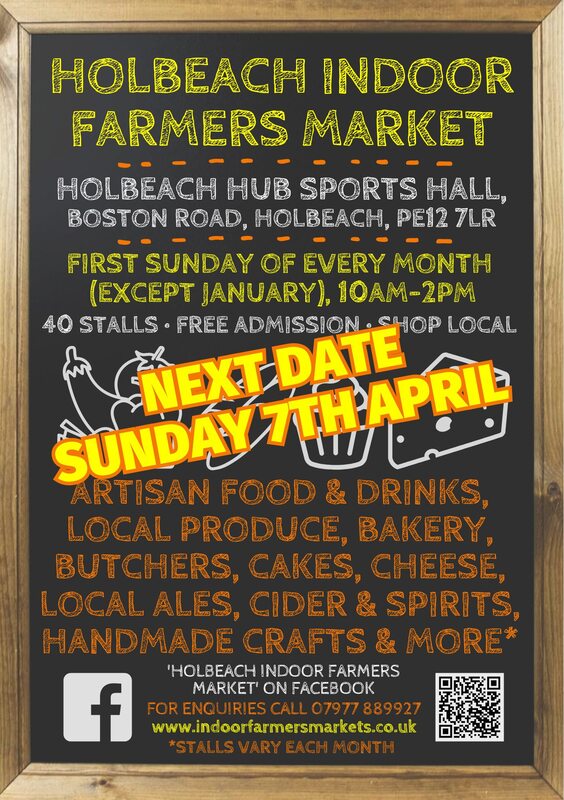
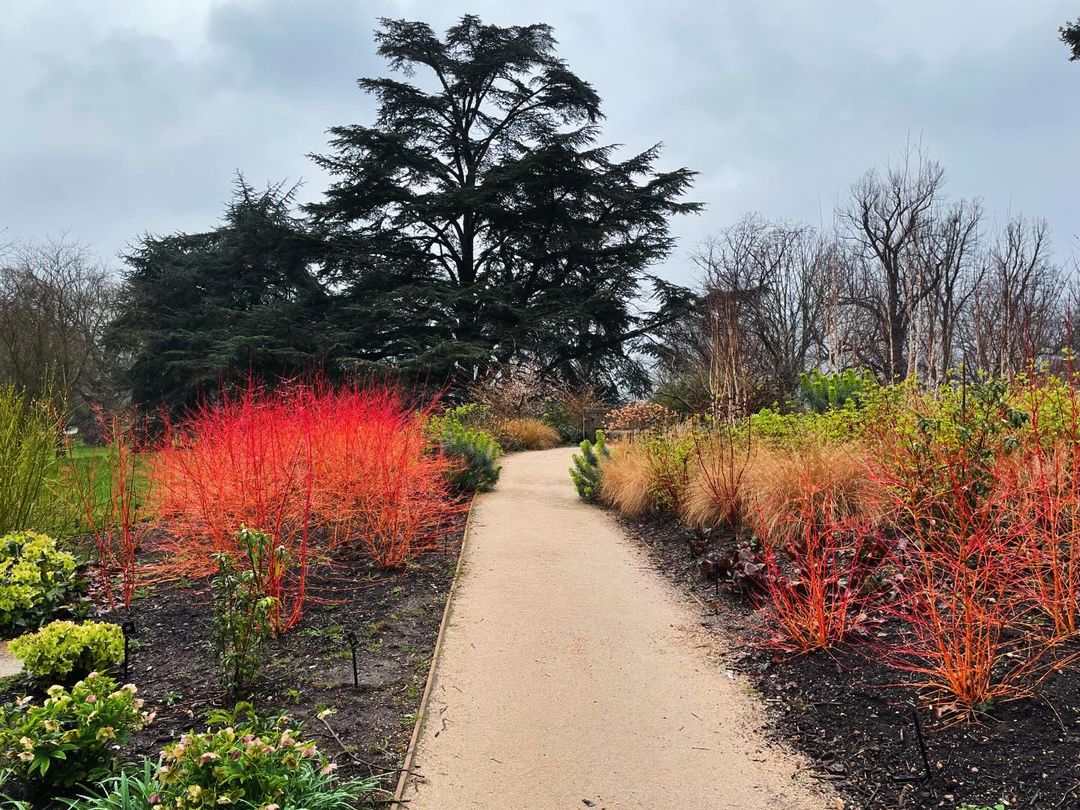
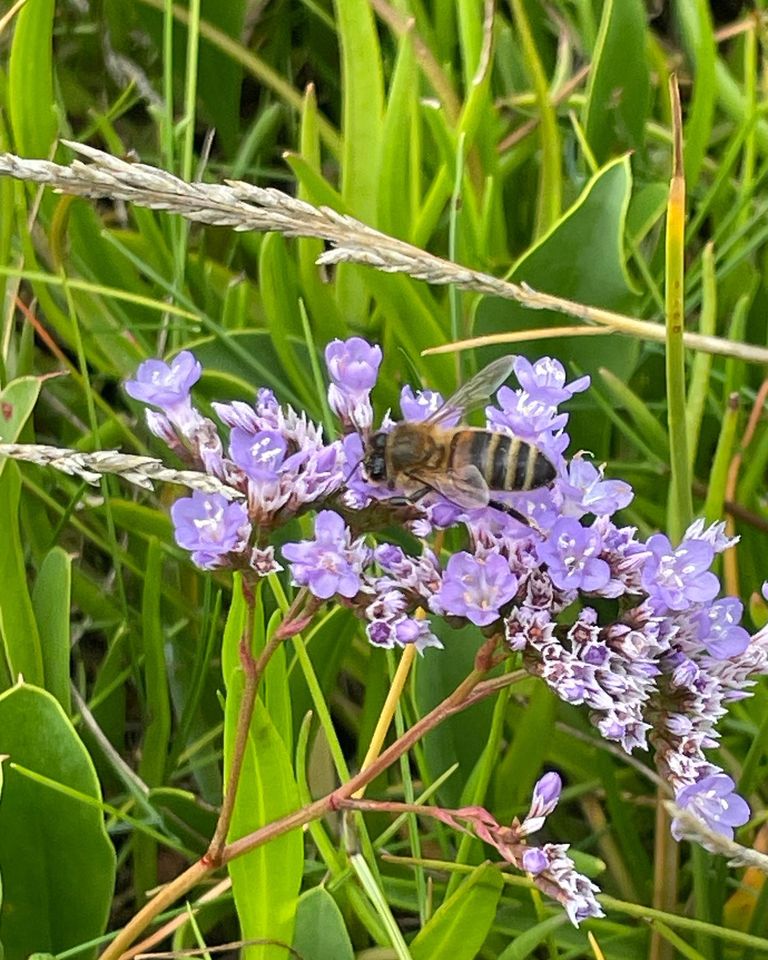
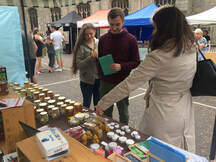
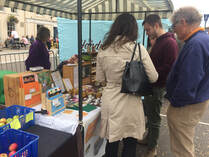
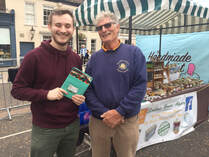
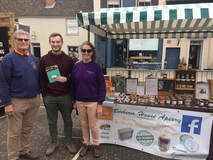
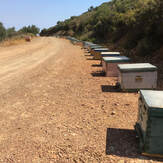
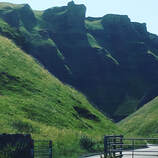
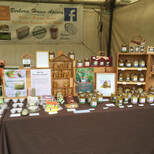
 RSS Feed
RSS Feed